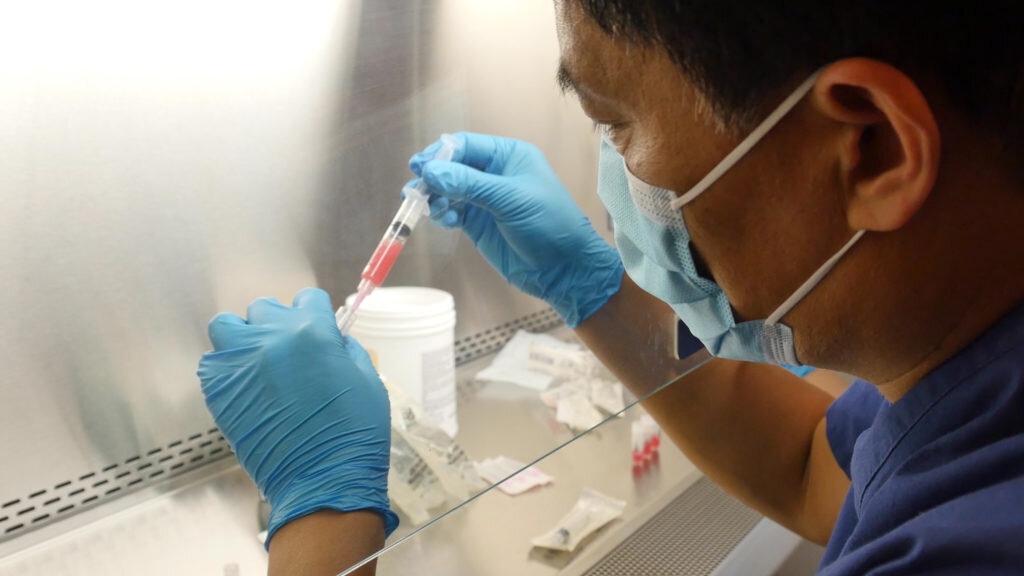Stem Cells Restore Function in Patients Paralyzed by Spinal Cord Injuries
/By Pat Anson, PNN Editor
Intravenous injection of mesenchymal stem cells (MSCs) in patients paralyzed by spinal cord injuries led to significant improvement in their motor functions, according to a team of researchers at Yale University and Sapporo Medical University in Japan.
The study findings, published in the Journal of Clinical Neurology and Neurosurgery, focused on 13 patients who suffered spinal cord injuries (SCIs) after falls or trauma. Some lost the ability to use their arms and legs, while others suffered coordination and sensory loss, or experienced bowel and bladder dysfunction.
For more than half of the patients, substantial improvements in motor function were observed within weeks of being injected with autologous MSCs derived from their own bone marrow. Although this was a small observational Phase 2 study, researchers are excited by the findings.
"The idea that we may be able to restore function after injury to the brain and spinal cord using the patient's own stem cells has intrigued us for years," said senior author Stephen Waxman, MD, a professor of neurology, neuroscience and pharmacology at Yale. "Now we have a hint, in humans, that it may be possible."
One of the patients profiled was a 34-year-old man who was left partially paralyzed and bedridden after a fall. He received an intravenous injection of MSCs 47 days after his injury. Two weeks after the infusion, voluntary movement was restored to his lower extremities and he was walking with the support of a walker.
In another case, a 47-year-old man left bedridden after a diving accident showed rapid improvement after a stem cell infusion. He was able to drive a wheelchair the next day, walk and climb stairs after two weeks, and eat independently after eight weeks.
Other patients paralyzed after similar injuries were able to breath again without assistance, regain control of their bowel functions, and perform independent living tasks such as dressing and grooming.
“Although this initial case study was unblinded and uncontrolled, the SCI patients appeared to demonstrate a tendency of relatively rapid improvement of neurological function that was often apparent within a few days following infusion of MSCs,” researchers said.
“We would emphasize that this case series describes an early study on a small number of patients. In addition to being unblinded and uncontrolled, this study has a number of limitations. We cannot rule out observer bias nor a contribution of surgical intervention to recovery in cases where this intervention occurred, or spontaneous recovery.”
Other case studies have also shown that stem cells can restore motor and sensory function in patients paralyzed by spinal cord injuries.
The Mayo Clinic reported in 2019 that a California man paralyzed from the neck down in a surfing accident was able to walk again after being injected with his own stem cells. Researchers emphasized the man was a “super-responder” and that other paralyzed patients injected with stem cells don’t have such a dramatic recovery.
According to the National Spinal Cord Injury Statistical Center, over 17,000 Americans suffer spinal cord injuries each year. Chronic pain is a serious problem that can result from SCI, affecting about two-thirds of patients, with one out of three reporting their pain as severe.




